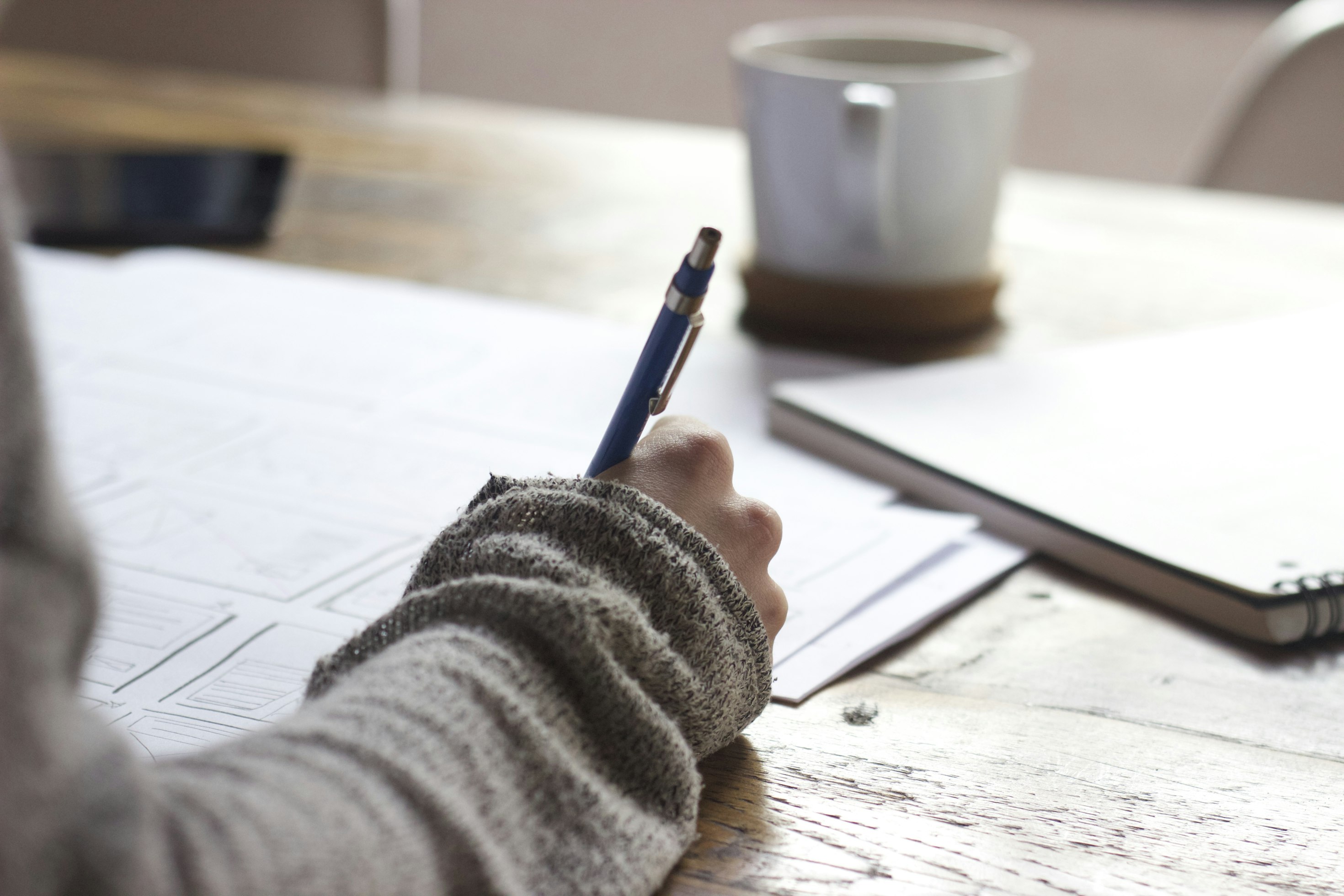Correct Usage of Hobbies in German

Mastering the Correct Usage of Hobbies in German
Understanding how to talk about your hobbies in German can significantly improve your communication skills and help you connect more naturally with native speakers. This guide will give you the essential rules and structures you need to express your hobbies correctly. We'll delve into the importance of capitalization, the use of specific transition words, and provide clear examples to cement your understanding.
Why Capitalization Matters: The Case of 'Hobbys'
In German, all nouns are capitalized, which distinguishes this language from English. This rule applies to the word "Hobbys" (hobbies), requiring it to always start with a capital 'H'. This detail might seem minor, but it is crucial for proper grammatical structure.
Examples of Correct Usage:
- Correct: Meine Hobbys sind Lesen und Malen.
- Incorrect: Meine hobbys sind lesen und malen.
Structuring Sentences: How to Talk About Your Hobbies
To effectively communicate your hobbies in German, you need to know the basic sentence structure. A common formula for these sentences is:
Meine Hobbys sind [activity 1], [activity 2], und [activity 3]. Außerdem [additional activity].
Breaking it Down:
- Start with "Meine Hobbys sind": This translates to "My hobbies are," and sets up the list of activities.
- List Activities in Infinitive Form: Activities such as Lesen (reading), Kochen (cooking), or Wandern (hiking) should be mentioned.
- Include a Concluding Statement with "Außerdem": Use "Außerdem" to introduce additional activities, which can help diversify your sentence and provide more information about your interests.
Key Example:
- Meine Hobbys sind Lesen, Kochen und Wandern. Außerdem male ich gerne.
- This translates to "My hobbies are reading, cooking, and hiking. Additionally, I enjoy painting."
Using 'Außerdem' to Expand Your Sentences
The word "außerdem" is vital when adding more information to your sentence beyond the initial list of hobbies. It serves a similar purpose to "additionally" or "also" in English. Using "außerdem" makes your German sentences sound more natural and well-structured.
Example Sentences:
Example 1:
- Meine Hobbys sind Fotografieren und Reisen. Außerdem interessiere ich mich für Kunst.
This means, "My hobbies are photography and traveling. Additionally, I am interested in art."
- Meine Hobbys sind Fotografieren und Reisen. Außerdem interessiere ich mich für Kunst.
Example 2:
- Meine Hobbys sind Tanzen und Singen. Außerdem spiele ich Klavier.
This means, "My hobbies are dancing and singing. Additionally, I play the piano."
- Meine Hobbys sind Tanzen und Singen. Außerdem spiele ich Klavier.
In each of these examples, "außerdem" effectively bridges your primary hobbies and your additional interests or activities.
Common Mistakes and How to Avoid Them
Here are some frequent mistakes learners make and how you can avoid them:
Forgetting to Capitalize 'Hobbys'
- Mistake: Meine hobbys sind Schwimmen und Radfahren.
- Correction: Always capitalize "Hobbys": Meine Hobbys sind Schwimmen und Radfahren.
Incorrect Use of 'Außerdem'
- Mistake: Using words like genauso or also instead of außerdem when mentioning extra activities.
- Correction: Always opt for außerdem to ensure clarity and proper sentence flow.
Variations in Sentence Structures
While the standard structure provides a solid foundation, you can vary your sentences to make your conversations richer.
Using Different Verbs:
- Use verbs like mögen (to like) or lieben (to love) to give more emotion or preference to your statements.
- Ich liebe es, Fußball zu spielen. (I love playing soccer.)
Incorporating Interests:
- When you are interested in something rather than actively doing it, use:
- Ich interessiere mich für Musik. (I am interested in music.)
Sentence Emphasis:
- You might want to emphasize a favorite hobby:
- Am liebsten koche ich. (I like cooking the most.)
Conclusion
Discussing your hobbies in German becomes much easier once you understand the rules of capitalization, the use of "außerdem," and the correct sentence structure. Remember these key takeaways:
- Always capitalize "Hobbys" to adhere to German grammar rules.
- Use "außerdem" for adding more activities, ensuring clear and elegant sentence transitions.
- Stick to the basic structure for fluency, but feel free to experiment with variations for richer conversation.
Learning to accurately express your hobbies enables you to share a piece of your personal life with others and become more engaging in your interactions. Keep practicing with different activities and interests, and watch your German language skills grow!